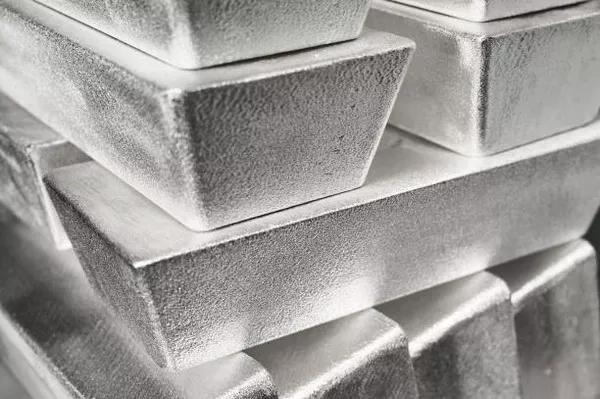The decision to sell your silver is often accompanied by the challenge of finding the right platform to ensure a fair return on your investment. With various options available, from local pawn shops to online marketplaces, making an informed choice is crucial. In this article, we will explore different avenues for selling silver and provide insights into the factors to consider when deciding where to sell your silver.
Local Pawn Shops and Jewelers:
One traditional option for selling silver is to visit local pawn shops or jewelers. These establishments often buy silver items such as jewelry, coins, and bullion. While this option offers convenience, it may not always yield the best prices. Pawn shops and jewelers must consider their profit margins, and as a result, their offers may be lower compared to other avenues.
Before deciding on a local establishment, it is advisable to shop around and obtain quotes from multiple sources. This way, you can gauge the average market value for your silver and negotiate a better deal. Additionally, be sure to check the reputation and credibility of the pawn shop or jeweler to ensure a trustworthy transaction.
Online Auctions and Marketplaces:
The rise of online platforms has opened up new opportunities for selling silver. Websites like eBay and Etsy allow individuals to list their silver items for auction or direct sale. This approach can attract a wide range of potential buyers, increasing the chances of obtaining competitive offers.
However, selling silver online comes with its own set of challenges. Sellers need to invest time in creating detailed listings, including accurate descriptions and high-quality images. Furthermore, they must navigate shipping logistics and potential buyer disputes. Online marketplaces may also charge fees, affecting the overall profit margin.
When opting for online auctions, it is essential to research recent selling prices for similar silver items. This information will help you set a realistic starting price and avoid underselling your valuable assets. Additionally, check the platform’s policies and fees to make an informed decision.
Specialized Precious Metal Dealers:
Another option for selling silver is through specialized precious metal dealers. These businesses focus exclusively on buying and selling precious metals like silver, gold, and platinum. Dealing with a specialized dealer can be advantageous, as they often have a deep understanding of the market and can offer competitive prices.
Before engaging with a precious metal dealer, verify their credentials, including any required licenses or certifications. Reputable dealers should be transparent about their pricing methods and provide up-to-date market information. Consider obtaining quotes from multiple dealers to ensure you receive a fair value for your silver.
Coin Shops and Collectibles Stores:
For individuals selling silver coins or numismatic items, coin shops and collectibles stores are viable options. These establishments often specialize in rare and collectible coins, offering a market specifically tailored to numismatic enthusiasts. However, it’s crucial to understand that the value of coins may not solely be based on their silver content, but also on factors such as rarity, condition, and historical significance.
When selling silver coins, research their numismatic value and consider obtaining appraisals from knowledgeable professionals. Local coin clubs and associations can also provide insights into the market for specific coins. Keep in mind that while coin shops may offer fair prices for collectible items, the process can be more time-consuming than selling bullion.
Factors to Consider:
Current Market Prices: Stay informed about the current market prices for silver. Utilize online resources, financial news, or consult with precious metal dealers to understand the prevailing rates.
Purity and Weight: The purity and weight of your silver significantly impact its value. Ensure that you accurately assess these factors before seeking quotes from potential buyers.
Credibility of the Buyer: Whether you choose a local establishment or an online platform, verify the credibility and reputation of the buyer. Look for customer reviews, ratings, and any relevant certifications.
Transaction Costs: Consider any transaction costs associated with the selling platform. This includes fees, shipping costs, and any other expenses that may affect your overall profit.
Convenience and Timeframe: Evaluate your priorities in terms of convenience and timeframe. If you require a quick sale, local options like pawn shops may be more suitable. For those willing to invest time in a potentially higher return, online auctions or specialized dealers could be the way to go.
Conclusion:
Deciding where to sell your silver is a nuanced process that requires careful consideration of various factors. Each selling avenue has its pros and cons, and the optimal choice depends on your specific preferences, priorities, and the nature of the silver items you possess. Whether you opt for local pawn shops, online auctions, specialized dealers, or coin shops, thorough research and diligence will ensure a successful and satisfactory transaction.


